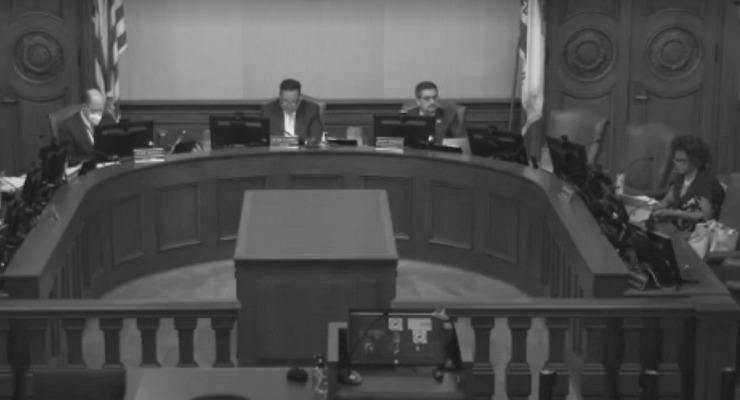Early information out of China, where COVID-19 first started, shows that some people are at higher risk of getting very sick from this illness. These include:
• Older adults
• People who have serious chronic medical conditions like heart disease, diabetes, and lung disease.
As of today, March 10, there are still no confirmed cases of COVID-19 in Pasadena. However, that may change. If COVID-19 shows up in our community, it could remain in our community for an extended period of time.
If you’re at higher risk for serious illness from COVID-19 because of your age or because you have a serious long-term health problem, it is extra important for you to take actions to reduce your risk of getting sick with the disease.
Start Preparing Now
Have supplies on hand. Contact your healthcare provider to ask about obtaining extra necessary medications to have on hand in case there is an outbreak of COVID-19 in Pasadena and you need to stay home for a prolonged period of time.
If you cannot get extra medications, consider using mail-order for medications.
Be sure you have over-the-counter medicines and medical supplies (tissues, etc.) to treat fever and other symptoms. Most people will be able to recover from COVID-19 at home [https://bit.ly/2TDCoUT].
Have enough household items and groceries on hand so that you will be prepared to stay at home for an extended period of time.
Take Everyday Precautions
• Avoid close contact with people who are sick.
• Clean your hands often. Wash your hands often with soap and water for at least 20 seconds, especially after blowing your nose, coughing, or sneezing, or having been in a public place. If soap and water are not available, use a hand sanitizer that contains at least 60% alcohol.
• To the extent possible, avoid touching high-touch surfaces in public places – elevator buttons, door handles, handrails, handshaking with people, etc. Use a tissue or your sleeve to cover your hand or finger if you must touch something.
• Wash your hands after touching surfaces in public places.
• Avoid touching your face, nose, eyes, etc.
• Clean and disinfect your home to remove germs. Practice routine cleaning of frequently touched surfaces (e.g. tables, doorknobs, light switches, handles, desks, toilets, faucets, sinks & cell phones).
• Avoid crowds, especially in poorly ventilated spaces. Your risk of exposure to respiratory viruses like COVID-19 may increase in crowded, closed-in settings with little air circulation if there are sick people in the crowd.
• Avoid all non-essential travel including plane trips, and especially avoid embarking on cruise ships.
If COVID-19 appears in our community, take extra measures to put distance between yourself and other people to further reduce your risk of being exposed to this new virus.
• Stay home as much as possible.
• Consider ways of getting food brought to your house through family, social, or commercial networks.
Have a Plan if You Get Sick
• Consult with your health care provider for more information about monitoring your health for symptoms suggestive of COVID-19.
• Stay in touch with others by phone or email. You may need to ask for help from friends, family, neighbors, community health workers, etc. if you become sick.
• Determine who can provide you with care if your caregiver gets sick.
If you are not sick enough to be hospitalized, you can recover at home. Follow CDC instructions for how to take care of yourself at home: https://bit.ly/2TDCoUT
Watch for Symptoms and Emergency Warning Signs
Pay attention for potential COVID-19 symptoms including, fever, cough, and shortness of breath. If you feel like you are developing symptoms, call your doctor.
If you develop emergency warning signs for COVID-19, get medical attention immediately. In adults, emergency warning signs include*:
• Difficulty breathing or shortness of breath
• Persistent pain or pressure in the chest
• New confusion or inability to arouse
• Bluish lips or face
Start Preparing Now
Contact your healthcare provider to ask about obtaining extra necessary medications to have on hand in case you’re not able to receive medication. If you cannot get extra medications, consider using mail-order for medications. Have supplies on hand similar to other disasters, such as earthquakes.
Be sure you have over-the-counter medicines and medical supplies (tissues, etc.) to treat fever and other symptoms. Most people will be able to recover from COVID-19 at home: https://bit.ly/2TDCoUT
Have enough household items and groceries on hand so that you will be prepared to stay at home for an extended period of time.
More information on COVID-19, including frequently asked questions, is available at https://www.cdc.gov/coronavirus/2019-ncov/index.html.
*This list is not all inclusive. Please consult your medical provider for any other symptoms that are severe or concerning.

















